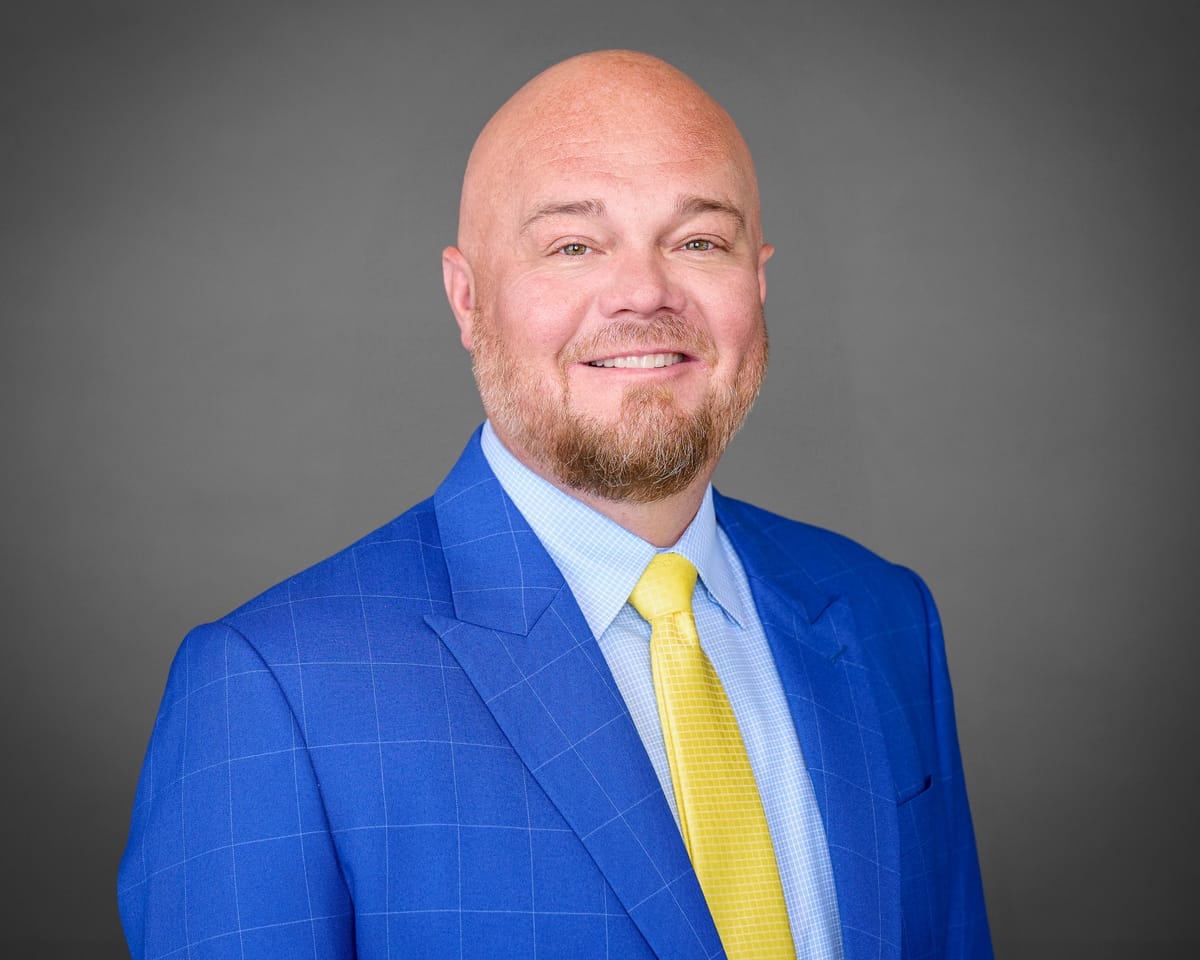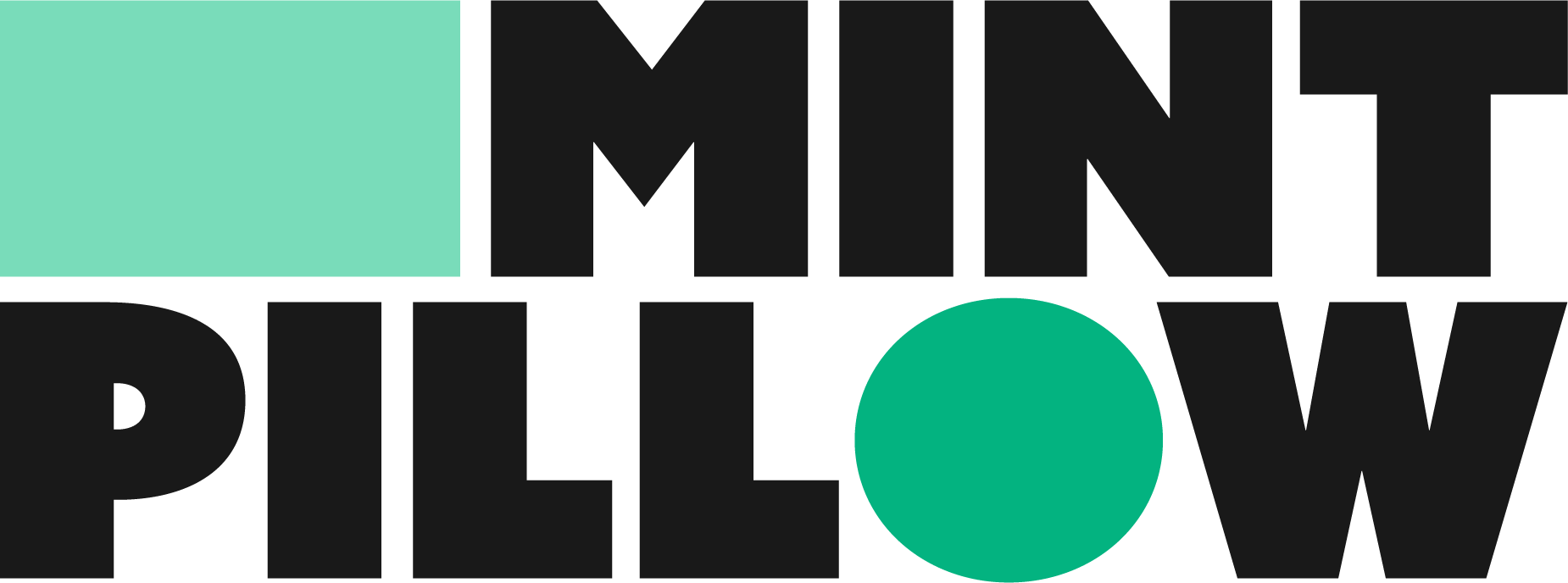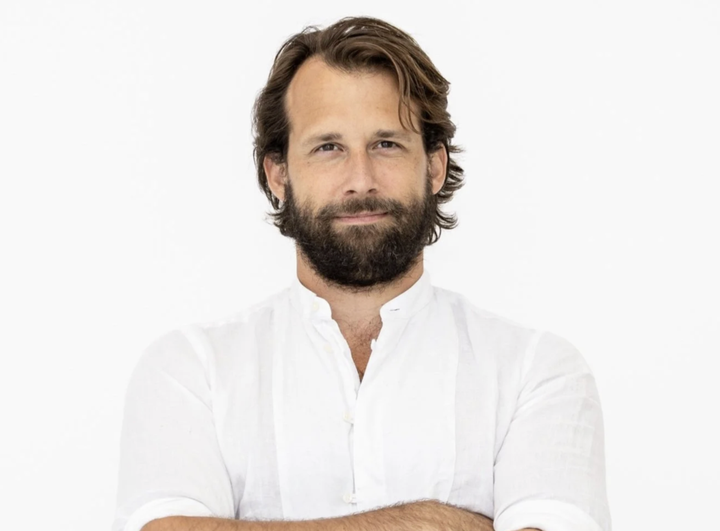Is your hotel one lawsuit away from disaster?
Jason Whiting breaks down the coverage gaps that can cost indie hotels millions

Jason Whiting, partner and practice leader at The Mahoney Group in Arizona, believes that insurance should be a strategic asset, not just a required expense. As a partner for hotels and healthcare leaders, Whiting provides his expertise where the stakes are high, the risks are complex and expert guidance is essential. His insights on insurance coverage considerations for indie hotels are spot-on.
—Interview by Jennifer Glatt, edited by Lesley McKenzie
What are the most common insurance gaps you see among independent hotels, and how can owners proactively address them?
The big ones I run into are business interruption, cyber [security] and liquor liability. A lot of owners figure their property or general liability policy covers those, but it usually doesn’t. Things like floods, earthquakes or employment practices claims also tend to slip through the cracks. The best way to stay ahead is pretty simple: sit down with someone who really knows hospitality insurance and make sure your coverage reflects how you’re operating at the moment, not just what you renewed last year.
How are emerging risks shaping the way hotels should think about coverage?
Cyber is a huge one. Hotels store so much guest data, which makes them a target. Climate is another. We’re seeing wildfires, hurricanes and floods driving up both premiums and deductibles. And then there’s liability: lawsuits tied to things like guest safety or even human trafficking are pushing a lot of owners to carry higher limits or add umbrella coverage. All of that changes how you think about protection. You can’t just buy the basics and hope for the best anymore.
Unlike big brands with standardized programs, what should independents consider when tailoring insurance?
Independents really need to build policies around what makes them unique. Let’s say you run a historic property. You’ll want coverage for specialized repairs and code upgrades. If you’re showcasing art or wine collections, you’ll need a policy for those. Same goes if you’re running a bar or spa; each of those brings its own liability. The point is, everything that sets your property apart should be mapped to coverage so you’re not left exposed.
How can hoteliers balance premium costs with adequate protection?
Insurers reward hotels that demonstrate strong safety programs, clean loss histories and documented procedures. Work with an advisor who actually advises, not just shops quotes. The right partner helps you take control of your insurance costs instead of being controlled by them. They can structure your policy wisely and make sure you’re not paying for coverages you don’t use. The lowest premium isn’t always the best deal; true value comes from balancing cost with broad protection and reliable claims support.
Looking ahead, what trends should boutique and independent hotels prepare for?
Climate-related disasters aren’t going away, and in some regions, insurers are pulling back altogether. You’re also going to see newer solutions like parametric insurance, which pays out quickly after certain events. Cyber coverage is becoming standard. Liability verdicts are only getting bigger. And carriers will expect you to show that you’ve got strong safety, training and continuity plans in place.
Anything else to share?
Independent hotels are built on passion and personality, and that deserves to be protected the right way. Insurance isn’t just a box you check at renewal—it should grow and adapt with your property and the risks you face.
Thanks for reading today's edition! You can reach the newsletter team at newsletter@mintpillow.co. We enjoy hearing from you.
Interested in advertising? Email us at newslettersales@mvfglobal.com
Mint Pillow is curated and written by Jennifer Glatt and edited by Lesley McKenzie.




